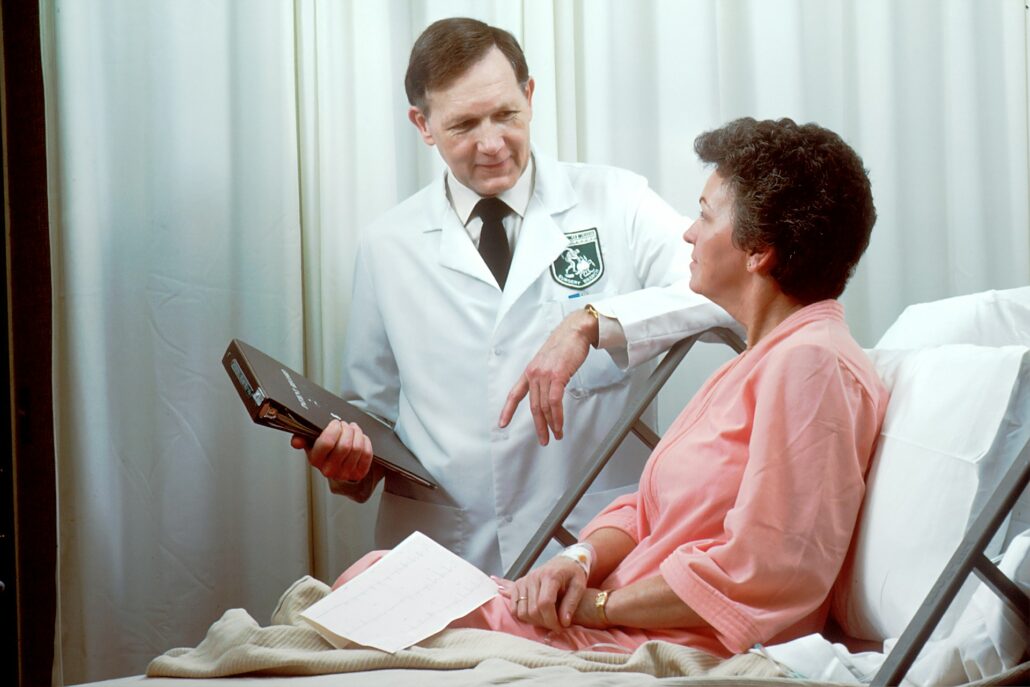Picture this: You’re a healthcare professional running a busy practice. Your schedule is packed, and you’ve carefully organized your day to accommodate all your patients. Suddenly, there’s a call. A patient, who was supposed to come for an appointment, missed their slot without any notice, leaving a big gap in your carefully planned day. This isn’t the first time this has happened, and it keeps happening, causing scheduling chaos, disrupting your practice’s workflow, and potentially affecting patient outcomes. If this situation feels familiar, you’re not alone. Patient no-shows are a common problem in healthcare practices worldwide, and this blog is here to help you deal with it.

Identifying the Root Cause of Missed Appointments
The first step in dealing with missed appointments is understanding why they happen. The reasons for no-shows can vary among patients. If your patient is missing appointments because of unreliable transportation, partnering with local transport services might be a solution. If childcare is an issue, can your practice make accommodations and provide a safe space for children during appointments? For those who forget about their appointments, consider using text, email, or phone reminders. By addressing these root causes when possible, you can proactively reduce the number of missed appointments.
Offering Flexible Scheduling Options
Another way to prevent missed appointments is being flexible with schedules. Understand that your patients may have different needs and responsibilities that could affect regular office hours. By offering appointments in the evenings or on weekends, you can accommodate those with work or school commitments that prevent them from seeking care during typical business hours.
Telehealth Appointments
Telehealth has become a very effective solution to solve the problem of missed appointments. This technology lets patients attend their appointments from home, which takes care of issues like transportation, childcare, or busy schedules. With video conferences, healthcare providers can do regular check-ups, talk about symptoms, prescribe medication, and even keep track of their patients’ progress. Adding telehealth services to your practice makes sure that care continues and helps people with limited mobility or who live far away access healthcare.
A Patient-Friendly Cancellation Policy:
Sometimes, gentle consequences can motivate patients to stick to their appointments. If a patient constantly misses appointments without canceling, consider charging a small fee to cover the lost revenue. Make sure to communicate this policy politely and clearly. Send a friendly note explaining the charge and the importance of canceling in advance if they can’t make it. Remember, the goal isn’t to punish the patient but to encourage respect for the healthcare provider’s time and resources and change the behavior. Denying future care should be a last resort and used only in extreme cases.
Celebrating Patient Improvements
Rewarding and celebrating improvements in a patient’s appointment attendance can be a powerful way to motivate them. It can be as simple as acknowledging their efforts during their visit or sending a thank-you note for being punctual and respectful of the appointment time. A personalized message like, “We noticed you’ve been consistently attending your appointments on time. Thank you for prioritizing your health and respecting our office’s time. We appreciate you!” These small acts of appreciation make patients feel valued and reinforce the importance of regular appointment attendance.
Conclusion
Dealing with patients who often miss their appointments requires a balanced approach that respects both the healthcare provider’s and the patient’s time and resources. By using telehealth services, having a patient-friendly cancellation policy, and acknowledging patient improvements, healthcare providers can build a relationship of mutual respect and accountability with their patients. These strategies not only encourage regular attendance but also prioritize patients’ health, making them feel valued and understood.





